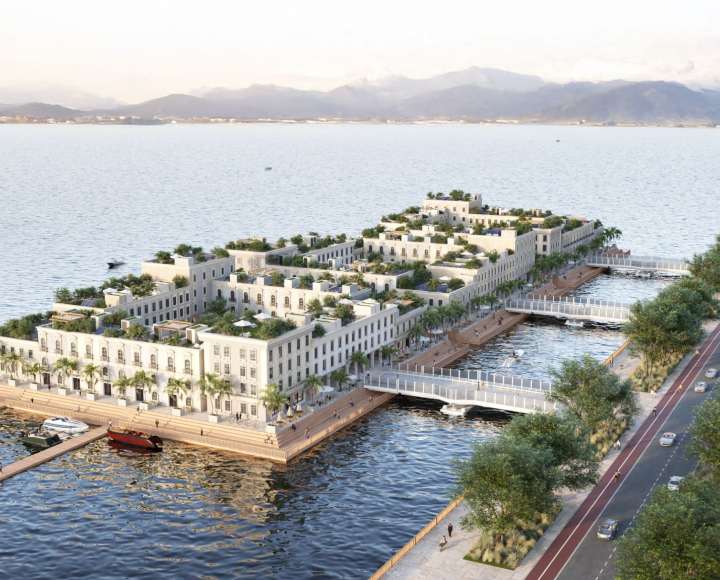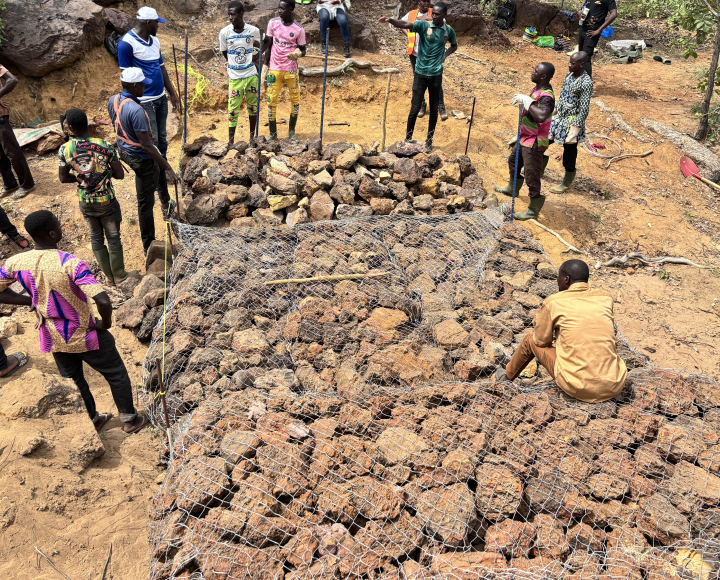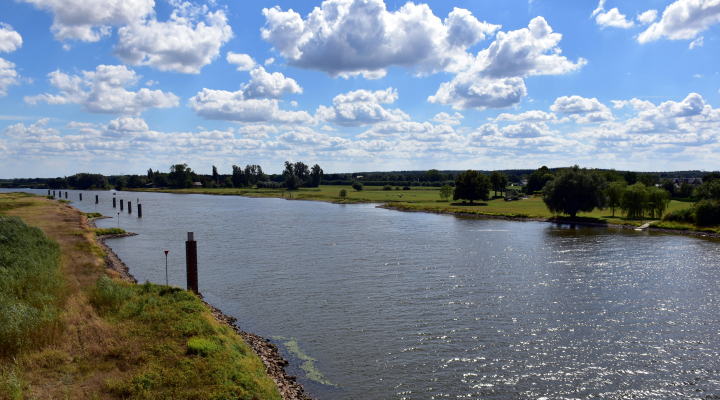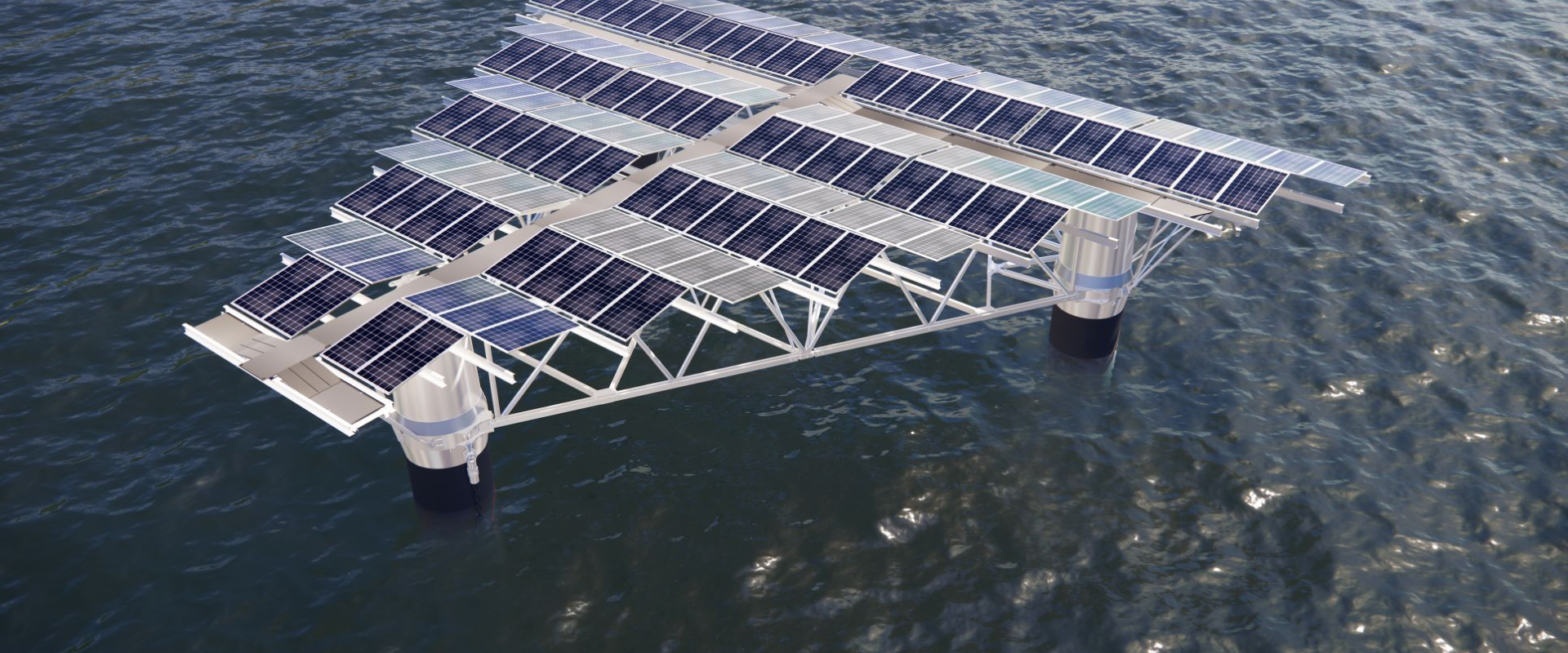
Japan installs its first offshore floating solar demonstrator
SolarDuck and its Japanese partners have launched Japan’s first offshore floating solar photovoltaic power plant on the sea surface in the Tokyo Bay. The floating plant has a capacity of 80-100 kW, and the renewable energy generated will be used to power electric vehicles and boats.
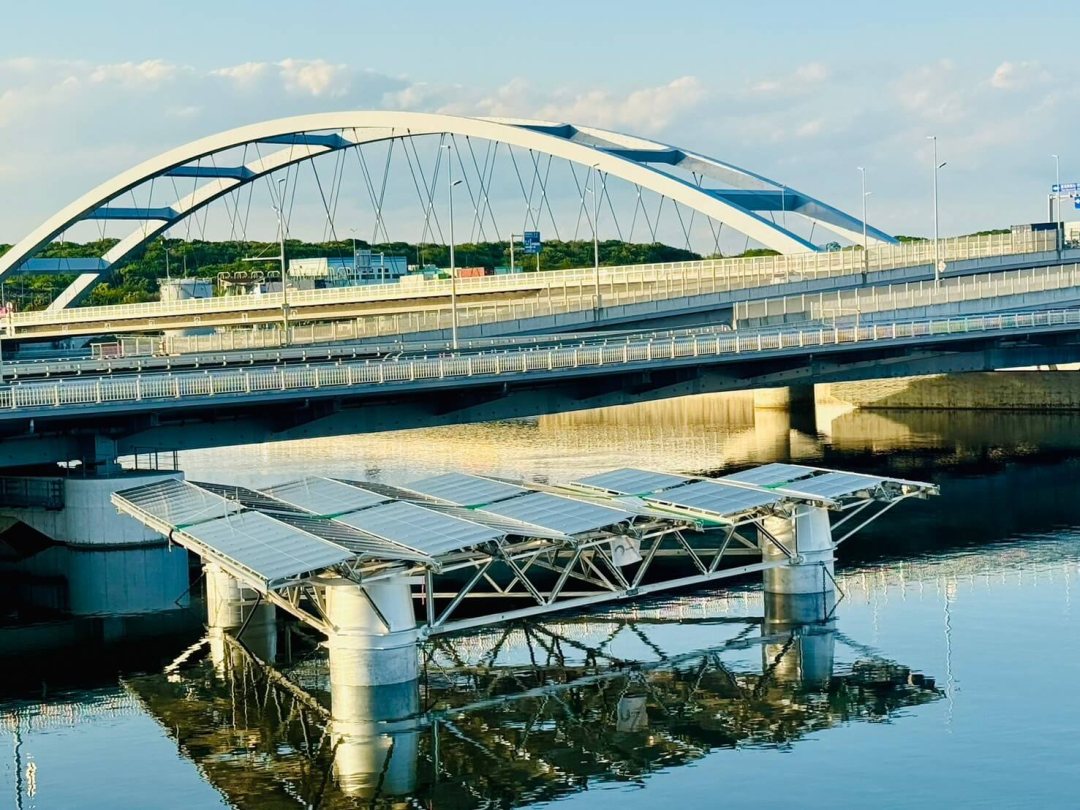

SolarDuck, the Dutch-Norwegian floating solar company, and its Japanese partners Tokyu Land Corporation, Kyocera Communication Systems Corporation and Everblue Technologies have installed an offshore floating solar photovoltaic (OFPV) demonstrator to showcase the potential of local renewable energy production at sea in Japan through the application of cutting-edge technology. This project is an initiative of the Tokyo Metropolitan Government's Policy Planning Bureau which aims to create the world's most advanced energy generation and transmission system in the Tokyo Bay area.
The offshore unit, which has a capacity of 80 kW to 100 kW, is in the central breakwater area of Tokyo Bay. The generated renewable energy, stored in land-based batteries with a capacity of approximately 60 kW, will be used to power Open Street Corporation's state-of-the-art electric mobility vehicles and an electric boat. If needed, the energy generated by the solar plant can be transferred to mobile batteries to power events and electric mobility vehicles in the Takeshiba area and other bay areas.
Over the course of the year, demonstrations of power generation using OFPV power generation facilities, storage of electricity in batteries on the ground, and transportation of the storage batteries will be conducted.
Tokyo, a major energy consumption area, is dependent on power transmission from the suburbs. Demonstration testing of local production to meet the local energy consumption around the Tokyo Bay area will contribute to a study of urban models that can be deployed in other parts of Japan and abroad.




